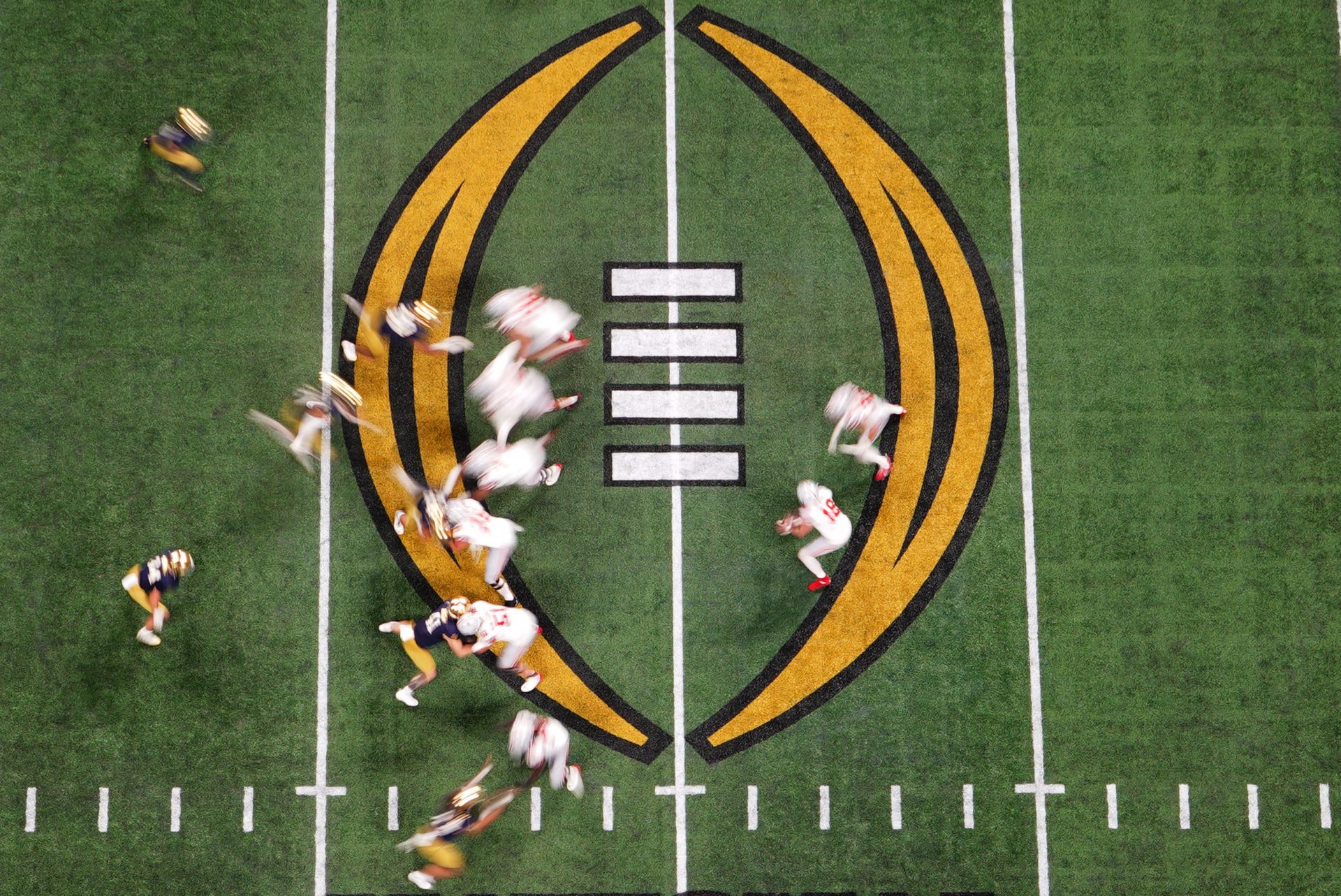Former Ohio State and Pittsburgh Steelers linebacker Ryan Shazier is sounding the alarm about what college football might be losing in the process. During a candid conversation with fellow former Steeler Arthur Moats on his podcast, Shazier didn’t mince words about the sport’s evolving culture.
The former first-round NFL draft pick, who saw his playing career cut short by a devastating spinal injury in 2017, expressed both support for players getting paid and concern that the focus on financial gain is eroding what once made college football special. As NIL collectives drive over 80% of the booming market, Shazier’s perspective offers a rare glimpse into how veterans of the pre-NIL era view the transformation.

More Money, Less Meaning? Former Steelers Star Points to NIL’s Unintended Side Effects on Player Mindset
In the podcast discussion, Shazier acknowledged the obvious benefits of NIL that he missed as a college athlete. “I wish I had NIL,” he admitted candidly. “Hey, you might would have stayed a little longer, maybe,” suggested Moats.
Despite supporting financial opportunities for players, Shazier expressed concerns about how the current system affects athlete motivation. “It’s like guys are so focused on like their money now and not just the love of the game. It’s not as many guys in my opinion that love ball as much as we did.”
Shazier contrasted this with his own mindset during his playing days: “When I used to play, I used like bro, the money going to come, bro. If I do what I’m supposed to do, If you the best, if you top five in your position, you going to be paid top five.”
Beyond NIL itself, Shazier took issue with how the transfer portal has created a constant leverage game among players. “The one thing I don’t like though for real is, just the transfer aspect of it because guys can just constantly leverage what somebody else is giving them.”
While acknowledging that leveraging offers makes business sense, Shazier questioned its educational value: “So to me, like in business, it’s nice to leverage, but just to leverage every year just in business and life, it doesn’t really teach you much. It doesn’t really allow. You don’t build a relationship.”
While strongly supporting player compensation, Shazier pushed back against standardized payment models. “I do feel that everybody should get paid. I do feel like everybody should get the most they can get, right? But when you get player unions and things like that as well, that’s when everybody think everybody should get the same amount.”
KEEP READING: College Football’s 16-Team Playoff Plan Sparks Outrage—Why Experts Say It Could Break the Sport
As the college football landscape continues transforming with direct revenue sharing expected to begin in July 2025, Shazier’s concerns highlight an important balance that financial empowerment is long overdue but preserving the sport’s core values such as passion, relationship-building and love of the game, remains essential for college football’s future.
College Sports Network has you covered with the latest news, analysis, insights, and trending stories in football, men’s basketball, women’s basketball, and baseball!

